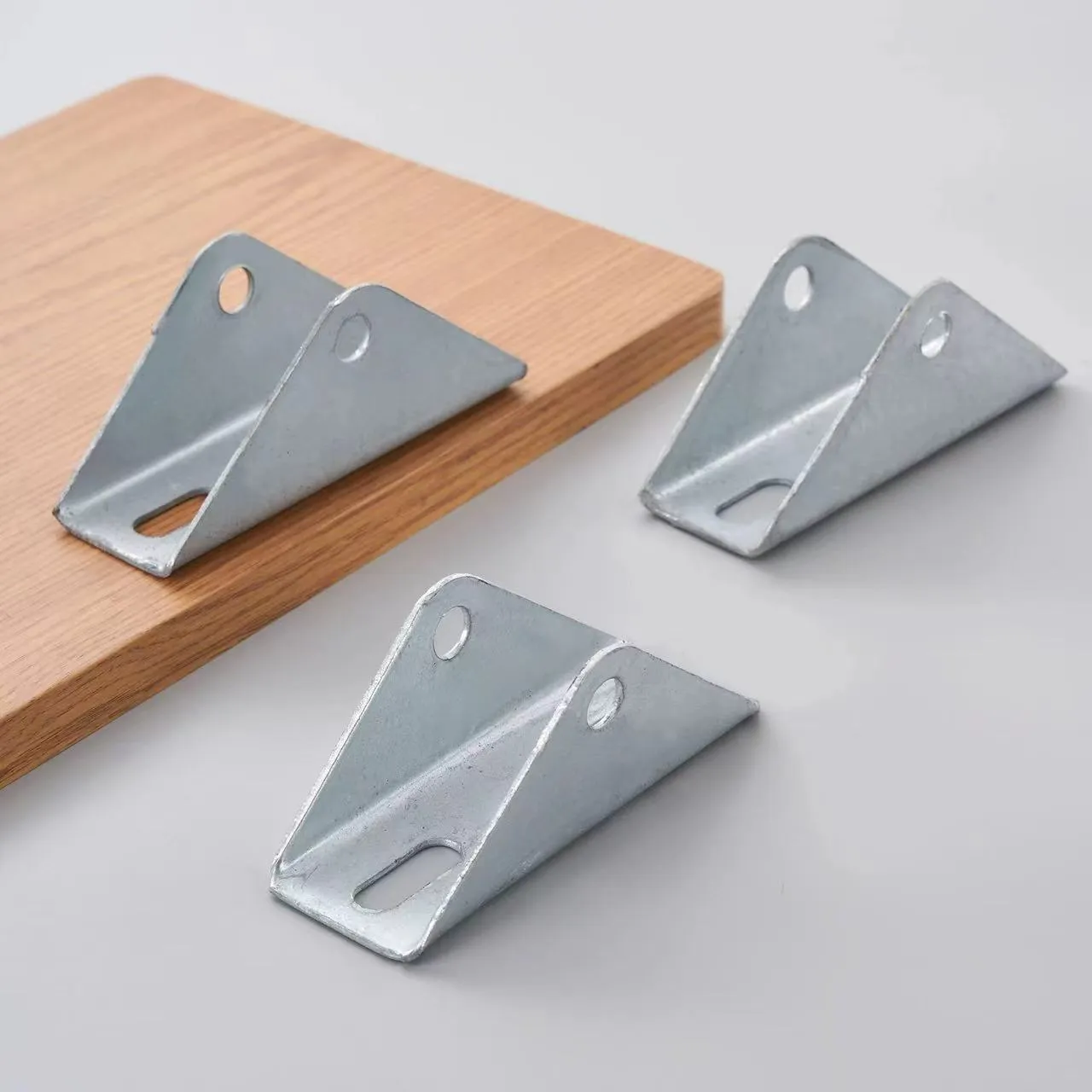

stud bolt and machine bolt - a fastener
Ara . 18, 2024 21:12 Back to list
stud bolt and machine bolt - a fastener
Stud Bolts and Machine Bolts Key Components in Fastening Technology
Fastening technology plays a critical role in various industries, from construction to manufacturing, ensuring that structures and components remain securely attached. Among the most commonly used fasteners are stud bolts and machine bolts. While both serve the essential purpose of joining parts together, they differ significantly in design, application, and functionality. This article explores these distinctions, their specific uses, and the advantages they bring to the table.
Understanding Stud Bolts
Stud bolts are a type of fastener that consists of a long rod or shaft with threads on both ends. They are typically used when there is a need for robust fastening in high-stress environments. The unique design of a stud bolt allows it to provide superior holding power and stability, making it an ideal choice for heavy machinery, construction applications, and structural frameworks.
Stud bolts are often used in conjunction with nuts to secure two or more components together. The threaded ends allow for easy adjustment and tensioning, enabling engineers to achieve precise specifications. These fasteners are designed to withstand high levels of torque and are often made from high-strength materials such as carbon steel, stainless steel, or alloy steel. This gives them excellent resistance to corrosion, making them suitable for various environments, including marine and industrial applications.
Delving into Machine Bolts
Machine bolts, on the other hand, are typically shorter than stud bolts and feature a cylindrical head, making them easy to drive into pre-drilled holes. The head can be of various types, including hexagonal, square, or socket, allowing for different driving tool applications. Machine bolts are usually paired with a nut to create a strong, reliable connection, though they can also be used in conjunction with washers for added stability.
Unlike stud bolts, machine bolts are often used in lighter applications, such as assembling machines, furniture, and other structures where high tensile strength is not as critical. They are designed to be easily installed and removed, making them a popular choice in maintenance-heavy environments where components require frequent adjustments or replacements. Machine bolts are also produced in a variety of materials and coatings, enhancing their resistance to wear, corrosion, and fatigue.
stud bolt and machine bolt - a fastener

Key Differences Between Stud Bolts and Machine Bolts
When comparing stud bolts and machine bolts, several key differences emerge
.1. Design and Structure Stud bolts are long and threaded on both ends, while machine bolts typically feature a shorter length and a head. This distinction influences their respective applications and methods of installation.
2. Loading and Stress Stud bolts are designed for heavy loads and high-stress environments, making them suitable for industrial and construction applications. Machine bolts, being shorter and often used in lighter assemblies, are more appropriate for applications that do not require extreme tensile strength.
3. Installation Installing stud bolts generally requires two nuts and can be more time-consuming than machine bolts, which can be installed quickly using a single nut. The threaded design of stud bolts also allows for more adjustments, which can be beneficial in specific applications.
4. Applications While both types of bolts have overlapping uses, stud bolts are typically found in high-stress situations like flanged joints in piping systems. In contrast, machine bolts are more commonly used in general assembly and fabrication tasks.
Conclusion
In summary, both stud bolts and machine bolts are crucial fasteners that serve distinct purposes in various industries. Understanding their differences in design, application, and functionality allows engineers and manufacturers to choose the right component for their specific needs. As technology continues to advance, the materials and designs of these fasteners evolve, providing enhanced performance and durability. Whether for heavy-duty applications or general assembly, stud bolts and machine bolts remain indispensable tools in the world of fastening technology. Investing in quality fasteners can significantly impact the safety, efficiency, and longevity of constructions and machinery, underscoring their importance in engineering and manufacturing domains.
Latest news
-
Hot Dip Galvanized Bolts-About LongZe|High Strength, Corrosion Resistance
NewsJul.30,2025
-
High-Strength Hot Dip Galvanized Bolts - Hebei Longze | Corrosion Resistance, Customization
NewsJul.30,2025
-
Hot Dip Galvanized Bolts-Hebei Longze|Corrosion Resistance&High Strength
NewsJul.30,2025
-
High-Strength Hot-Dip Galvanized Bolts-Hebei Longze|Corrosion Resistance&High Strength
NewsJul.30,2025
-
Hot Dip Galvanized Bolts-Hebei Longze|Corrosion Resistance&High Strength
NewsJul.30,2025
-
Hot Dip Galvanized Bolts - Hebei Longze | Corrosion Resistance, High Strength
NewsJul.30,2025

